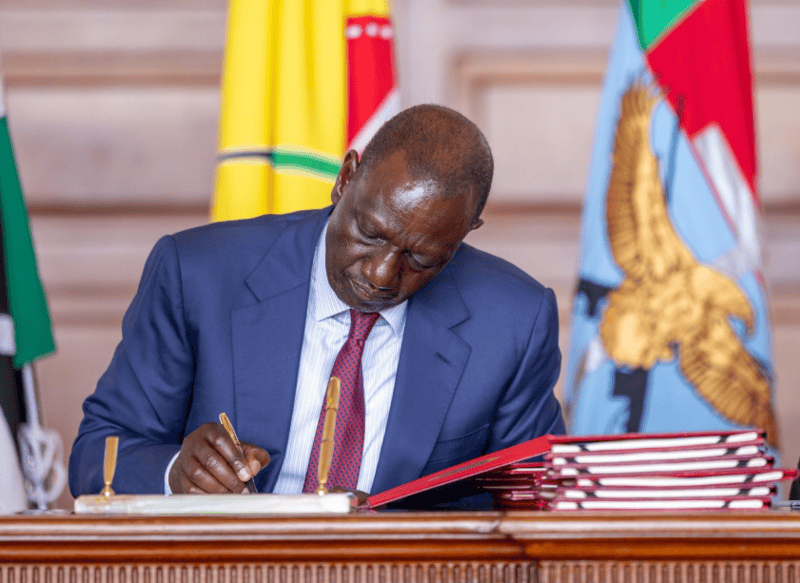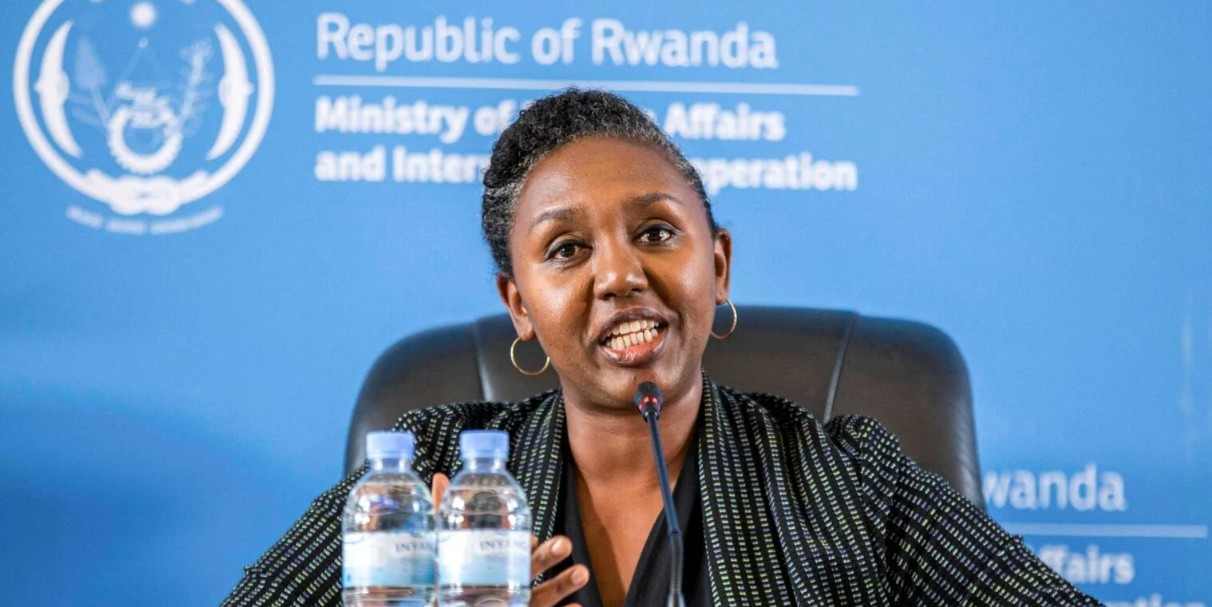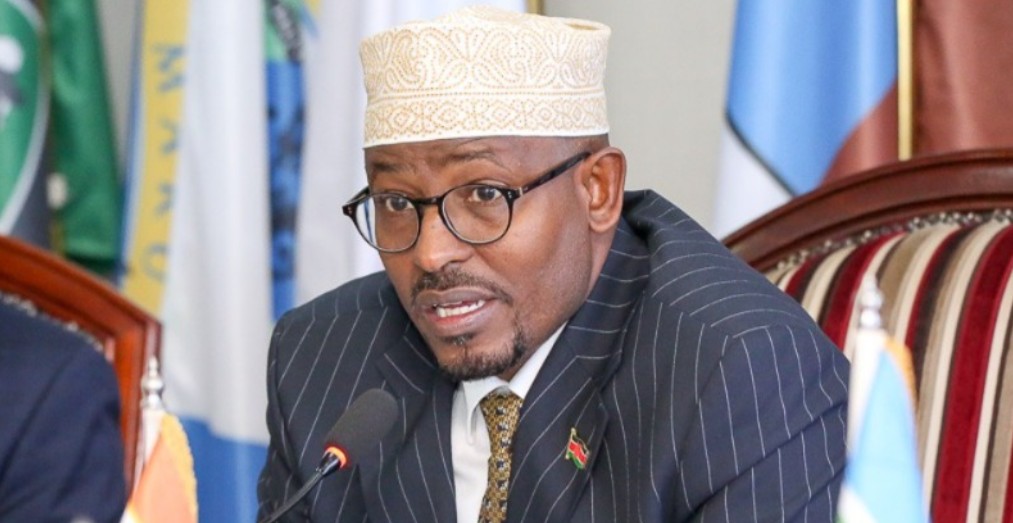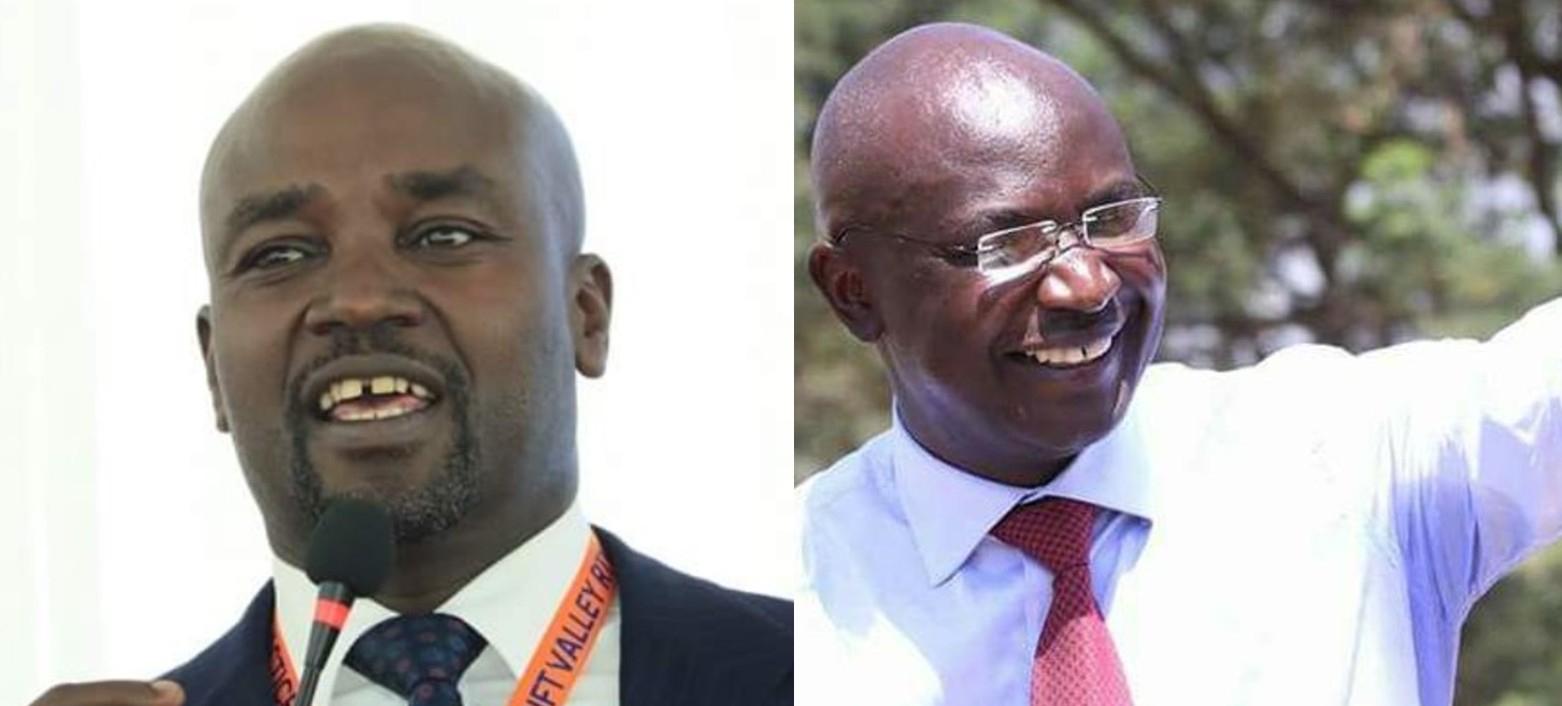Explainer: Details of Persons with Disabilities law signed by President Ruto

It introduces stronger protections, tougher penalties for discrimination, and broad measures to ensure accessibility, employment, and participation of persons with disabilities in public life.
President William Ruto on Thursday signed the Persons with Disabilities Bill, 2023, into law, setting in motion a new legal framework aimed at promoting the rights and dignity of persons with disabilities across the country
The new law, which replaces the 2003 Act, is designed to align Kenya’s disability laws with the Constitution of Kenya 2010 and the UN Convention on the Rights of Persons with Disabilities.
More To Read
- Resign if you can’t adapt: Ruto warns state officials opposing e-procurement
- President Ruto vows to crack down on SHA fraud as 1,000 health facilities shut
- President Ruto bestows Prince Rahim Aga Khan V 'Chief of the Order of the Golden Heart'
- Ruto appoints Faith Odhiambo to co-chair panel of experts on compensation of protest victims
- Ruto appoints Komora, Siparo to National Police Service Commission
- Challenging the status quo: Githunguri MP Gathoni Wamuchomba tells it all
It introduces stronger protections, tougher penalties for discrimination, and broad measures to ensure accessibility, employment, and participation of persons with disabilities in public life.
From charity to inclusion
The law takes a rights-based approach to disability, replacing the welfare lens that defined the earlier legislation. It prohibits all forms of discrimination and puts pressure on public and private entities to ensure inclusion and fairness.
“The principal object of the Bill is to give effect to Article 54 of the Constitution on the rights of persons with disabilities. The Bill seeks to repeal the Persons with Disabilities Act, Cap. 133 to align it with the Constitution,” a brief from the presidency stated.
Senator Crystal Asige, who sponsored the Bill, said it aims to ensure persons with disabilities enjoy equal rights, opportunities, and protections as guaranteed in the Constitution.
Under the new law, both public and private institutions will be required to provide “reasonable accommodation” for persons with disabilities, including modifying buildings, transport systems, and digital platforms to ensure access.
The law also makes it mandatory to provide closed captioning in local broadcasts, especially for educational content and events of national significance.
To further support integration, inclusive education will be prioritised, with specific provisions for sign language, Braille, assistive technology, and teacher training.
The law also requires the government to gather proper data on persons with disabilities to guide policy-making and interventions.
New incentives
A key feature of the new law is the restructuring of the National Council for Persons with Disabilities. The Council will now operate as an independent statutory body with more authority to enforce rights, investigate violations, and advise government and private institutions on disability matters.
“The Bill creates a robust institutional architecture headed by a revitalised National Council for Persons with Disabilities, with enhanced powers to enforce disability rights,” the brief added.
The Act sets out clear roles for both national and county governments. County governments are now required to implement disability-related policies, form advisory committees, and ensure that at least five per cent of jobs go to persons with disabilities.
The Act also provides a range of financial incentives to encourage inclusion. These include tax exemptions for assistive devices and deductions for employers who hire or make workplace adjustments for employees with disabilities.
Private employers who engage a person with a disability will be entitled to apply for a deduction from their taxable income equivalent to twenty-five per cent of the total amount paid as salary.
They will also receive a 50 per cent deduction for the cost of modifying workplaces or offering special services to support such employees.
To enhance economic inclusion, national and county governments are required to reserve at least five per cent of stalls in markets for persons with disabilities.
Enforcement, challenge ahead
Despite its strong framework, the successful implementation of the new law will depend on political will, funding, and institutional cooperation.
For years, the disability sector has been underfunded, and previous laws have often remained unimplemented.
The hope is that with proper enforcement mechanisms and collaboration, this new law will mark a shift from tokenism to real empowerment.
“The act has adequate social protection measures, with provisions made to protect persons with disability from abuse and exploitation and penalties which serve as a deterrent for offenders,” the statement said.
In health, the law provides for free medical rehabilitation and improved interaction between persons with disabilities and healthcare providers.
In employment, both public and private sectors are expected to meet a five per cent reservation target, backed by tax and regulatory support.
Top Stories Today













































